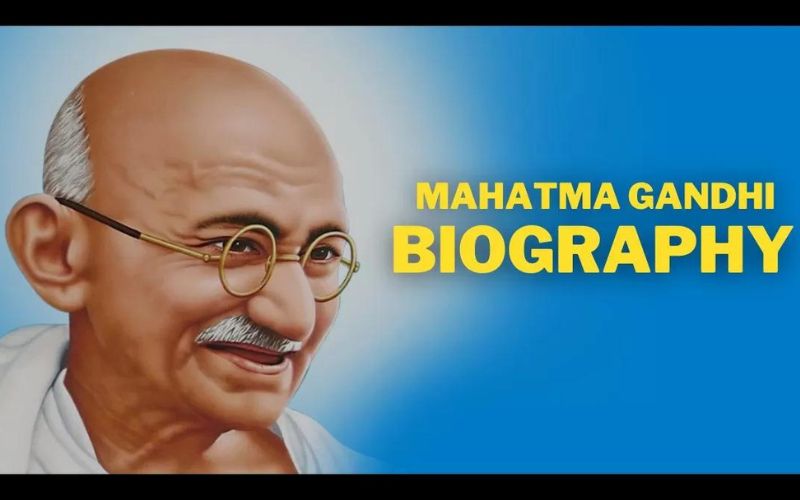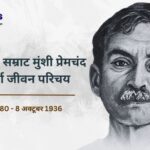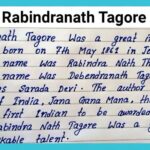Mohandas Karamchand Gandhi, commonly known as Mahatma Gandhi, was a pivotal figure in India’s struggle for independence from British rule. His unwavering commitment to the principles of non-violence and civil disobedience inspired millions of people around the world and left an indelible mark on the course of history. As you delve into the life and legacy of this remarkable man, you’ll discover a story that transcends the boundaries of time and continues to resonate with individuals seeking to make a positive impact on the world.
Early Life and Education
Mahatma Gandhi was born on October 2, 1869, in Porbandar, a coastal town in the western Indian state of Gujarat. He was the youngest of six children born to Karamchand Gandhi, a government official, and Putlibai, a deeply religious woman. From a young age, Gandhi was exposed to the values of truth, non-violence, and service, which would later become the cornerstones of his life’s work.
After completing his early education in Porbandar, Gandhi traveled to London, England, to study law at the Inner Temple. During his time in London, he was deeply influenced by the teachings of prominent philosophers and social reformers, including Henry David Thoreau and Leo Tolstoy. These experiences would shape his unique perspective on social and political issues, laying the foundation for his future role as a revolutionary leader.
Gandhi’s Philosophy of Non-Violence
At the heart of Mahatma Gandhi’s philosophy was the principle of non-violence, or “Ahimsa” in Sanskrit. He believed that the use of violence, even in the pursuit of a just cause, was morally and ethically wrong. Instead, Gandhi advocated for the use of non-violent civil disobedience, where individuals would peacefully resist unjust laws and policies through methods such as sit-ins, boycotts, and peaceful demonstrations.
Gandhi’s unwavering commitment to non-violence was rooted in his deep spiritual beliefs and his understanding of the interconnectedness of all life. He believed that true change could only be achieved through a transformation of the heart and mind, rather than through the use of force.
Role in India’s Independence Movement
Mahatma Gandhi’s most significant contribution to India’s independence movement was his ability to galvanize the masses and inspire them to take action against the British colonial rule. In 1917, he launched his first major civil disobedience campaign, the Champaran Satyagraha, which protested the oppressive policies of the British government towards Indian farmers.
Over the next few decades, Gandhi’s leadership and strategic use of non-violent resistance played a crucial role in the Indian independence movement. From the Dandi March, where he defied the British salt monopoly, to the Quit India Movement, which called for the immediate withdrawal of British rule, Gandhi’s actions and words resonated with people across India and around the world.
Salt March and Civil Disobedience Movement
One of the most iconic events in Mahatma Gandhi’s life was the Salt March, also known as the Dandi March, which took place in 1930. In response to the British government’s monopoly on the production and sale of salt, Gandhi led a group of followers on a 24-day march to the coastal town of Dandi, where they proceeded to make their own salt, defying the British law.
The Salt March was a powerful act of civil disobedience that captured the imagination of the world and inspired millions of Indians to join the independence movement. It was a turning point in the struggle for freedom, as it demonstrated the power of non-violent resistance and the ability of the Indian people to stand up to the might of the British Empire.
Gandhi’s Impact on India and the World
Mahatma Gandhi’s influence extended far beyond the borders of India, as his philosophy of non-violence and civil disobedience inspired countless individuals and movements around the world. From the American civil rights movement led by Martin Luther King Jr. to the anti-apartheid struggle in South Africa, Gandhi’s principles of non-violent resistance have been adopted and adapted by those seeking to bring about social and political change.
In India, Gandhi’s legacy is deeply woven into the fabric of the nation. His unwavering commitment to the principles of truth, non-violence, and social justice have left an indelible mark on the country’s political and cultural landscape. The Indian government has also recognized Gandhi’s significance by declaring his birthday, October 2nd, as a national holiday known as “Gandhi Jayanti.”
Legacy of Mahatma Gandhi
Mahatma Gandhi’s legacy as a visionary leader, social reformer, and champion of non-violence continues to inspire people around the world. His life and work have been the subject of countless biographies, films, and scholarly studies, each seeking to capture the essence of this remarkable individual.
Today, Gandhi’s message of peace, tolerance, and social justice remains as relevant as ever, as the world grapples with issues such as inequality, oppression, and environmental degradation. By studying the life and teachings of Mahatma Gandhi, you can gain valuable insights into the power of non-violent resistance and the transformative potential of individual action.
The Importance of Mahatma Gandhi’s Biography in English
Mahatma Gandhi’s life story is a testament to the power of the human spirit and the transformative impact that one individual can have on the world. By reading his biography in English, you can gain a deeper understanding of the historical and cultural context that shaped his worldview, as well as the principles and strategies that guided his actions.
Exploring Gandhi’s biography can also provide you with valuable lessons on the importance of non-violence, civil disobedience, and social justice. His life and work serve as a powerful example of how individuals can stand up to oppression and work towards the creation of a more equitable and just society.
Where to Find Mahatma Gandhi’s Biography in English PDF
If you’re interested in learning more about the life and legacy of Mahatma Gandhi, there are numerous resources available online and in print that offer his biography in English. Many of these biographies are available in PDF format, making them easily accessible and convenient to read.
Some popular options for finding Mahatma Gandhi’s biography in English PDF format include:
- Online Libraries and Archives: Websites like the Gandhi Heritage Portal (www.gandhiheritageportal.org) and the Mahatma Gandhi Digital Library (www.mkgandhi.org) offer a wealth of digital resources, including PDF versions of Gandhi’s biographies and writings.
- E-book Platforms: Platforms like Amazon Kindle, Google Books, and Apple Books often have a selection of Gandhi’s biographies available in PDF format for download or purchase.
- University and Academic Repositories: Many universities and academic institutions have digital collections that include PDF versions of Gandhi’s biographies and other related materials.
- Public Library Systems: Your local public library may also have a collection of Gandhi’s biographies available in PDF format, either through their own digital resources or through interlibrary loan programs.
Conclusion
Mahatma Gandhi’s life and legacy continue to inspire and captivate people around the world. As you delve into his biography in English, you’ll discover a story of unwavering courage, principled leadership, and a relentless pursuit of justice and equality. By understanding the lessons and insights that Gandhi’s life offers, you can become a more informed and engaged global citizen, ready to take on the challenges of the modern world with the same spirit of non-violence and civil disobedience that defined Mahatma Gandhi’s remarkable journey.
To further explore the life and legacy of Mahatma Gandhi, we encourage you to download a copy of his biography in English PDF format. By understanding the principles and strategies that guided his actions, you can gain valuable insights into the power of non-violent resistance and the transformative potential of individual action. Discover how Mahatma Gandhi’s story can inspire you to make a positive impact on the world.



